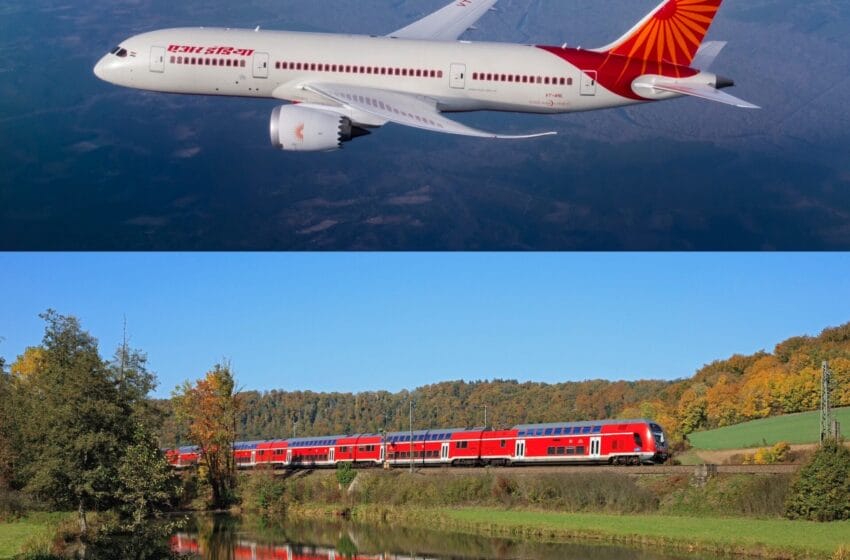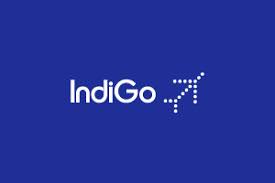Air India has become the world’s first airline to have successfully deployed a Generative AI virtual agent, called ‘Maharaja’, powered by Azure OpenAI service. It has successfully answered over half a million customer queries since its pilot launch in March 2023, and it today manages over 6,000 queries a day in four languages.
Air India’s Maharaja AI Agent manages an extensive spectrum of customer queries across 1,300 areas related to flight status, baggage allowances, packing restrictions, check-in, frequent flyer awards, airport lounge access, flight changes, refunds and more.
To meet the needs of guests around the world, Maharaja speaks four languages: Hindi, English, French, and German. Of the 6,000-plus questions received each day, over 80% are successfully answered in seconds. About 15% of customer queries today require additional assistance, and Maharaja recognises this automatically and orchestrates a seamless handoff to Air India’s contact centre agents.
Dr. Satya Ramaswamy, Chief Digital and Technology Officer, Air India, said, “We are dedicated to providing the best possible service and experience to our valued guests across channels. We also want to be very responsive to their changing preferences. After the emergence of Large Language Model driven Generative AI capabilities, we are increasingly seeing a definitive shift in guest preferences to use chat interactions to get the information and support they need quickly and directly as compared to browsing several web pages.”
“We have used several patent-pending innovations in our AI agent Maharaja with a combination of traditional machine learning techniques and the latest in Generative AI to provide a pleasing and effective experience for our customers. Many more innovations are in the pipeline and will be made live in the months to come.”
“We are pleased to see Air India’s successful deployment of their AI-powered agent, Maharaja, and the use of Microsoft Azure OpenAI Service to provide a personalized and relevant customer experience. We believe that this is the beginning of a new era of customer service, and we look forward to seeing more organizations use the power of Generative AI and our AI-optimised Azure cloud to provide a seamless and efficient customer experience,” said Marco Casalaina,
Vice President, AI Platform, Microsoft.
Leveraging the generative AI technology to the full extent, Air India uses ChatGPT to analyse even some complex questions it may not be able to immediately answer to improve customer experience in later interactions. This has allowed Air India’s newest customer service channel to progressively learn and improve, becoming more attuned to natural language. Air India has employed a strategy that involves blending of multiple traditional machine learning techniques alongside Generative AI to provide a compelling consumer-grade experience. Air India has also established safeguards to prevent biased or harmful language from infiltrating its conversational AI system.
Unlike rule-based or keyword-based chatbots, Generative AI solutions understand the intent and context of a user’s query and generate a natural and coherent reply. This enhances user experience and satisfaction, while reducing the need for human intervention. It also helps to automate repetitive and mundane tasks, such as booking, cancellation, confirmation, etc., and free up bandwidth for human agents to focus on more complex and value-adding interactions.
In the coming months, Air India plans to launch a host of sophisticated features, driven by patent-pending technologies. This includes a novel user experience that changes the way customers interact with AI agents with a combination of textual and graphical interactions that can potentially further speed up customer interactions. Some of these innovations have been incubated for more than 2 years. Air India also plans to enhance the current AI agent with data-driven deep-personalisation capabilities that will elevate the technology to that of a reliable personal assistant for all air travel needs. The capabilities of the AI agent will include travel inspiration and effortless booking experiences. Support for more Indian languages is also in the works.




